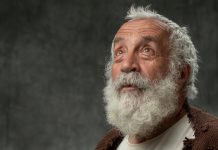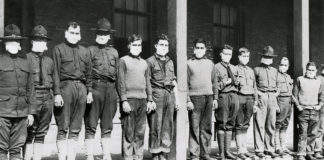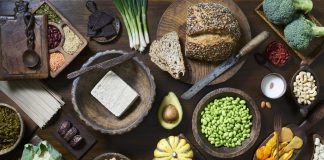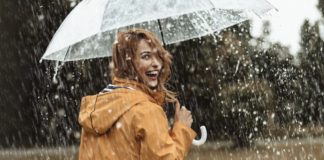Spanish flu to COVID-19: Lessons from a forgotten pandemic
The Spanish flu filled graves in almost every cemetery in the world. However, surprisingly, this tragedy had largely been forgotten until recently. A century later, the issue returned to the centre of attention, with specialists wondering if they can identify a pattern in the evolution of the COVID-19 health crisis based on the pandemic from a century ago.
COVID-19: What if we received bad news in a void?
What if there was no good news to give us confidence that we could get through the troubles facing us now? What if there was no good news to assure us that we are cherished, loved and supported, that we are not alone?
COVID-19 vaccines safety: Does it take decades to get the answer?
Do we need to wait for the results of longitudinal scientific studies, extending to decades, to know if vaccines are safe?
COVID-19: What do we do after the relaxation of restrictions?
After the authorities in different countries announced a relaxation of the restrictions, people started to impatiently waiting for that, maybe even with plans to recover last bits of a confiscated spring.
COVID-19 vaccines and pregnancy: What do we need to know?
When analysing the potential impact of COVID-19 vaccines in pregnancy, first of all, we must observe that several studies have shown that, in pregnant women, SARS-CoV-2 infection can have significant negative consequences.
Are COVID-19 vaccines safe? What guarantees the absence of compromise?
How was it possible to produce a vaccine against COVID-19 in less than a year, and what guarantees are there that there were no compromises in the process? What can we say about the COVID-19 vaccine's safety?
What should we eat? | A comparison between three types of diets
In Romania, they say that everyone is an expert in football and politics. But I believe it is more appropriate to say that everyone is an expert in food—or so they think. Except for a small minority, most of us have quite strong opinions about what we eat.
Good luck, bad luck…and cancer
Many had not yet finished clearing away the leftovers from the New Year's Eve table, almost no one had returned to work, politics was still numb and journalists yawned with boredom because almost nothing of interest had happened on 2 January 2015.
COVID-19: Crisis prayer and the crisis of our prayers
I was descending from Omu Peak, in the Bucegi Mountains, with a few dozen young people. It had not been an ideal hike, and we were behind schedule. The forest made the darkness even thicker as it began to cover the mountain, and slowly, our minds as well.
COVID-19 and religious freedom
Because the pandemic and the various restrictions that come with it have been prolonged, some Christians have begun to feel that some of these restrictions violate their religious freedom, or freedom in general, which could turn into a restriction of the exercise of the religious act at some point. Are the health policies that are meant to stop the spread of COVID-19 in...
COVID-19: Lessons on happiness from an invisible teacher
When life takes a bad turn, we are often tempted to console ourselves with nostalgia. We begin to look at the past in a different light. We realise that we had been too demanding of ourselves, of others, of the world. That even though we had everything we needed we still wanted more. That we were always looking for something else, without paying...
Coronavirus health information: The great dilemma of quality sources
What are the most reliable sources of information on the coronavirus, and what are the arguments that advocate for their reliability?
Sleep myths busted
There are a number of beliefs and practices around sleep that have been created and followed by many people, but which science has shown to be false and even dangerous for those who follow them.
Vitamin D — another disappointment?
If we had to choose a star among vitamins, a star similar to the celebrities that electrify the world of people, vitamin D would have a very high chance of occupying the podium.
The solution to addiction doesn’t come from within
How should addictions be understood? Addiction is usually regarded as a failure of the will, or as a sickness. Lately, the tendency is for the younger, educated generation to embrace the second answer. The idea that addiction is a failure of the will, a sin, from a Christian perspective, is seen as outdated.


























